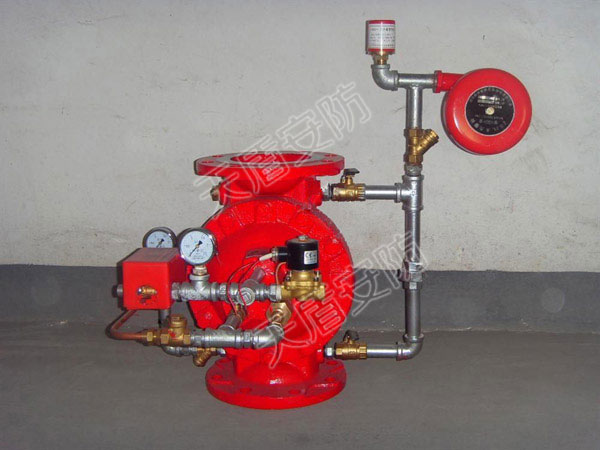
Shandong Security & Rescue Equipment Manufacturing Co., Ltd



Summary Water fire extinguishers have always been some of the most popular firefighting tools all over the world, Because most homes and offices are equipped with combustible mat...
Water fire extinguishers have always been some of the most popular firefighting tools all over the world, Because most homes and offices are equipped with combustible materials such as paper, wood, and fabric. When a small fire breaks out in the home or office, most people's initial response is to look for water to put it out. Yes, water has always been the first means of putting out small fires because of its effectiveness in extinguishing flames. However, over the recent years, many extinguishing agents have come out and many other types of fire extinguishers have emerged. This has decreased the popularity of water as the main fire-extinguishing agent but it has not diminished water's effectiveness in putting out fires that involve paper, wood, and clothing.
Now that there are many other types of extinguishing agents such as powder, foam, dry chemical, and wet chemical, people have been asking if water is still reliable enough. The answer to this question is a resounding yes. However, there are a few ''''''''ifs'''''''' that would follow this answer. For one, water is tough enough but only if it is placed in a high quality fire extinguisher. The fire extinguisher should be manufactured according to British standards to ensure efficiency and excellent performance. Moreover, water is tough enough but only if it is used for class A fires such as those mentioned above. Water can curb small incipient fires involving paper, wood, textile and other similar materials with no difficulty.
Obviously, water is a powerful extinguishing tool however it comes with certain limitations. Water extinguishers cannot be used for electrical fires because this can cause injurious and fatal electrocution and further damage. You also cannot utilise water to put out grease fires because it would only cause the fire spread even more. Moreover, it is prohibited to use water for any fires that involves flammable liquids and gases as it will do more harm than good. Water fire extinguishers should only be used for no other types of fire except those that are included in class A.
To keep up with the competition, water has been made even tougher in the form of water-additive fire extinguishers called hydrospray. Hydrospray extinguishers are very effective in extinguishing class A fires. The good thing about this is that it is lighter in weight and is more convenient to carry around. It has 150% of the firefighting ability of the conventional water-based fire extinguishers. Speaking of convenience, wheeled fire extinguisher have also been making their way in the market as portable and mobile tools for fighting fires.
Water fire extinguishers have always been some of the most widely used firefighting device in many different countries. These extinguishers are simple to operate and maintain, and water is always tough enough to combat small fires caused by everyday combustible materials. However, if you are looking for something more powerful, you can opt to buy hydrospray or water-additive fire extinguishers that are lighter in weight and are more convenient to use.
Bennett Glover is a professional fire safety expert and consultant for commercial businesses to help promote fire safety and awareness in the UK area. He regularly writes articles to inform the general public about the safest ways of handling fires and how to prevent them in the first place. His knowledge and expertise has earned him many writing and speaking engagements. He enjoys teaching fire safety to students, business owners, and learning institutions to help save lives.
